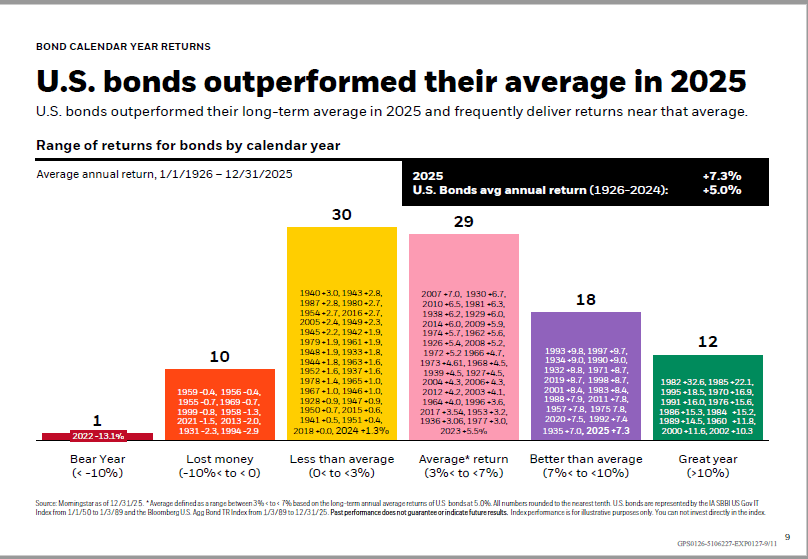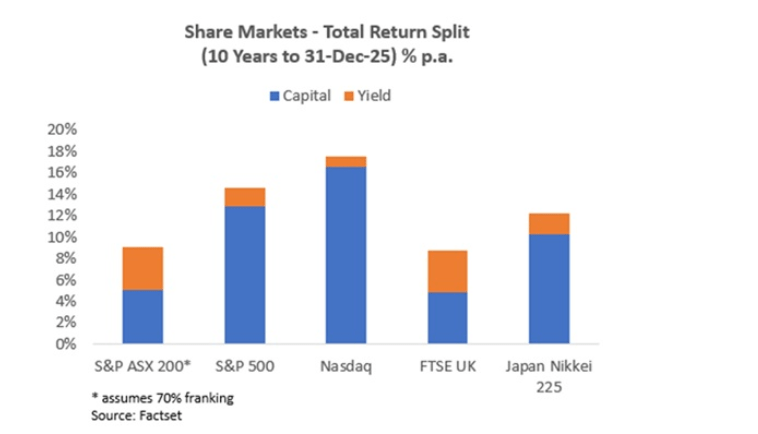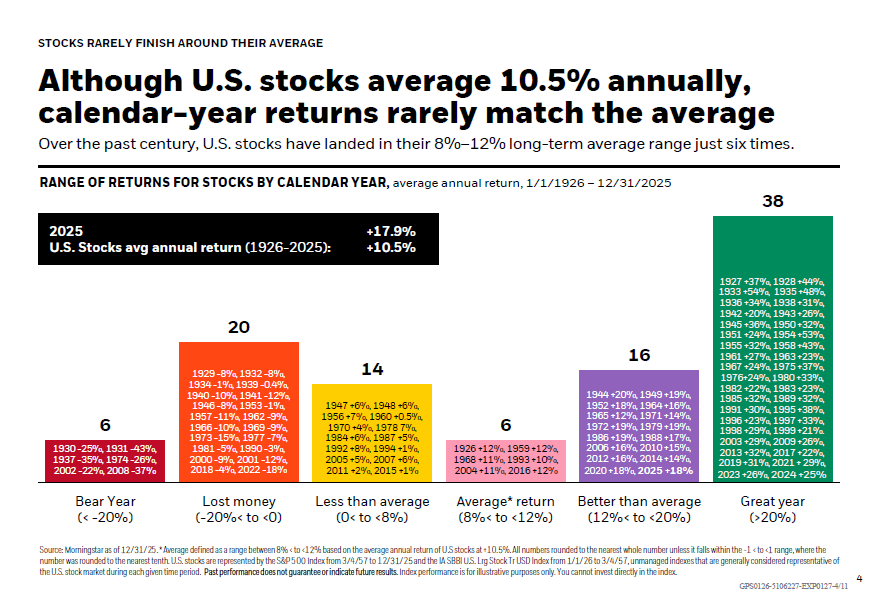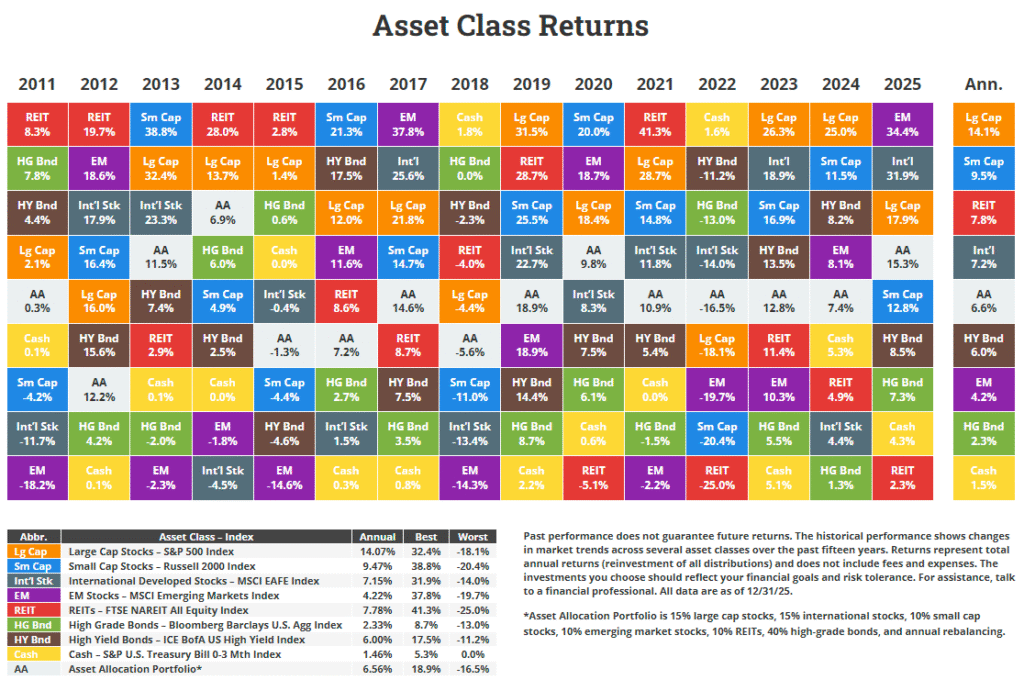One of the best sectors to own for the long-term is the defense sector. Defense stocks tend to be like consumer staples stocks. They perform well in both good and bad times. One reason is that similar to food and other consumer staple goods, defense is a necessary and integral part of developed countries especially the major powers. From potential wars with adversarial countries to eliminating terrorists a strong and powerful defense industry is needed. Accordingly in countries such as the US, defense spending gets a substantial allocation in every budget. The defense industry is also a major source of employment for hundreds of thousands of workers. I have written a few articles over the years on investing in this industry including:
- Why Invest in Defense Stocks
- Why Invest in European Aerospace & Defense Stocks
- Are Defense Stocks Recession Proof?
- Which Companies Would Benefit From Higher Defense Spending?
- Aerospace and Defense Stocks Have Outperformed The S&P 500 Based On Total Returns
- Should You Buy Defense Stocks Now?
With that said, in a recent article Jeffrey Kleintop of Schwab discussed the defense sector as one of the best performing investment themes in the past few months. From the article:
Defense spending has not been favored in 2021 government budgets, but rising geopolitical tensions often inspire gains in this area of the market, so it’s worth taking a look at what might be causing the outperformance in recent months.
- Increasingly heated rhetoric and threats between nations, such as China-Taiwan, U.S.-Russia, Israel-Iran, may involve U.S. or its allies.
- Adversaries often use national elections and changes in administration to challenge and test foreign and domestic policy positions. The U.S. Biden administration hits the first 100 days in office milestone this week.
- Securing economic resources (COVID-19 vaccines, semiconductors, energy commodities) heightens the risk for armed conflict between nations.
The potential always exists for a geopolitical event to draw the U.S. and other major nations into armed conflict. While events are often unpredictable and the countries involved vary, the markets’ reactions to threats of armed conflict between nations have tended to be both broad-based and short-lived, averaging declines of 3% over an average of 7 days for two dozen involving military operations of the U.S. and allies since 1980. During periods of economic recovery and growth, the effects were more muted than during recessionary periods.
History shows that these overall market reactions have tended to be muted and brief. Furthermore, defense stocks have not been a consistent hedge against these military operations. Since the inception of the MSCI World Aerospace and Defense Index at the end of 1998, the nine events involving military actions saw defense stocks rise an average of only 0.1% on the day of the event and post a gain only about half of the time (during 5 of the 9 events).
If tensions ease, defense stocks outperformance may not be sustained. If they flare up, this investment theme may see volatility given the history of inconsistent performance. A long history of geopolitical developments shows holding a well-diversified portfolio may buffer against potential short-term market moves. Investors should avoid overreacting to geopolitical developments and stick to their long-term financial plans.
Source: What’s Working? Two Ideas For Investors by Jeffrey Kleintop, Charles Schwab
Some of the major defense stocks to consider are listed below:
- Lockheed Martin (LMT)
- General Dynamics (GD)
- Boeing (BA)
- Northrop Grumman (NOC)
- L3Harris Technologies, Inc. (LHX)
- Raytheon (RTN)
- BAE Systems PLC (BAESY)
- Airbus Group SE (EADSY)
Disclosure: No Positions



